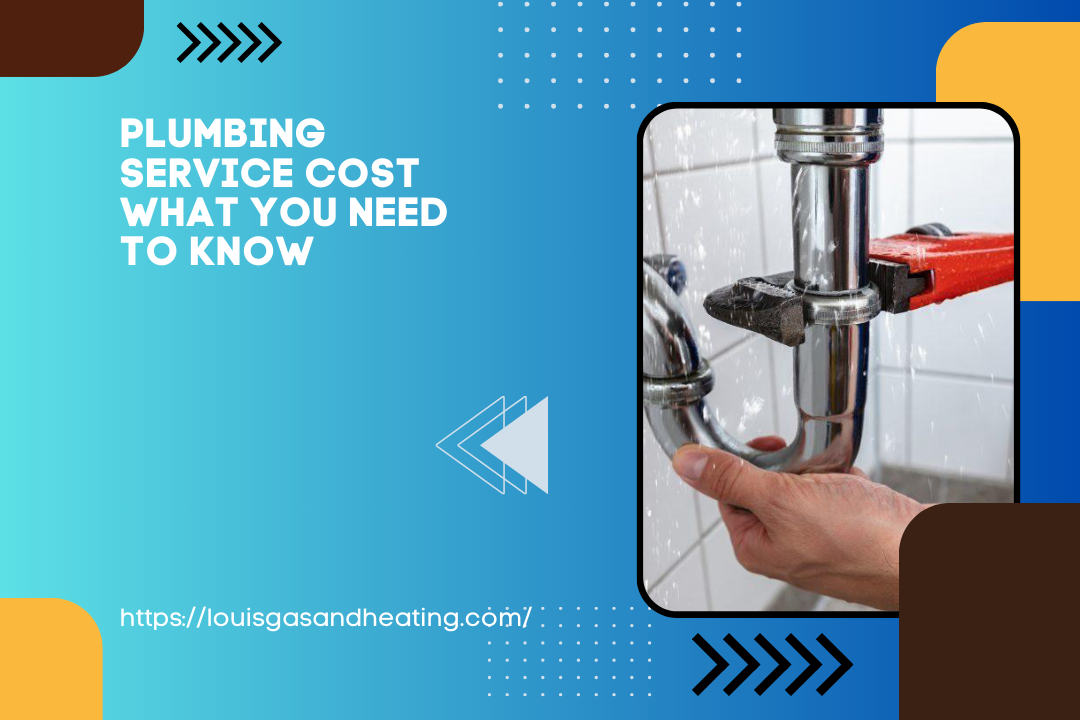
Plumbing Service Cost What You Need to Know
In today’s world, homeowners face a myriad of challenges, and one of the most common is dealing with plumbing issues. Whether it’s a leaky faucet, a clogged drain, or a more complex problem, the need for professional plumbing services is inevitable. However, understanding the cost associated with plumbing services can be as murky as a backed-up sewer line. In this comprehensive guide, we’ll break down the factors that influence plumbing service costs and provide you with valuable insights to help you make informed decisions.
Introduction
Plumbing issues can disrupt the harmony of your home and often demand immediate attention. However, before picking up the phone to call a plumber, it’s crucial to have a clear understanding of what to expect in terms of cost. Let’s dive into the world of plumbing service costs and shed light on the key factors that play a role.
Factors Influencing Plumbing Service Costs
The Nature of the Problem
The complexity of the plumbing problem is a primary factor in determining the cost of services. A simple leaky faucet repair will naturally cost less than fixing a burst pipe or sewer line replacement.
Labor Costs
The expertise and experience of the plumber can significantly impact labour costs. Highly skilled professionals may charge more for their services but often complete the job more efficiently.
Materials and Equipment
The quality of materials and equipment used in plumbing repairs or installations can vary. Higher-quality materials may come with a higher price tag, but they often result in longer-lasting solutions.
Location
Geographical location can influence plumbing service costs. Areas with a higher cost of living tend to have higher service rates. Additionally, accessibility to your plumbing system can affect pricing.
Types of Plumbing Services
Routine Maintenance
Regular plumbing maintenance, such as inspections and cleaning, can help prevent costly repairs in the long run. The cost of maintenance services is generally lower than emergency repairs.
Emergency Repairs
Plumbing emergencies, like burst pipes or sewer backups, require immediate attention and tend to be more expensive due to their urgency.
Plumbing Installations
Installing new fixtures, pipes, or water heaters involves both materials and labour costs. The complexity of the installation can vary, affecting the overall price.
Average Cost of Common Plumbing Services
Faucet Repair/Replacement
On average, repairing a faucet may cost between $100 and $300, while replacing it can range from $250 to $500, depending on the faucet type.
Toilet Repair/Replacement
Toilet repairs typically range from $100 to $200, while replacing a toilet can cost between $200 and $700, factoring in the model and installation.
Pipe Leak Repair
Repairing a pipe leak can vary greatly depending on its location and extent, but it often falls between $150 and $350.
Drain Cleaning
Clearing a clogged drain may cost anywhere from $100 to $300, with factors like the severity of the clog influencing the price.
Water Heater Installation/Repair
The installation of a new water heater averages between $800 and $2,500, while repairs can range from $150 to $800, depending on the issue.
Saving Money on Plumbing Services
DIY vs. Professional Services
For minor issues, consider DIY solutions to save money. However, always consult a professional for complex problems to avoid exacerbating the situation.
Preventive Maintenance
Regular maintenance can extend the life of your plumbing system and reduce the likelihood of costly repairs.
Getting Multiple Quotes
When facing a significant plumbing expense, it’s wise to obtain quotes from multiple plumbing professionals to ensure you’re getting a fair price.
Conclusion
Understanding the cost of plumbing services is crucial for homeowners. By considering the factors influencing pricing and exploring ways to save money, you can navigate plumbing issues with confidence. Remember that investing in quality plumbing services now can prevent more extensive and costly problems in the future.
FAQs
Is it always necessary to hire a professional plumber?
While minor issues can often be handled DIY, it’s advisable to consult a professional for complex or emergency plumbing problems.
What can I do to prevent plumbing issues in my home?
Regular maintenance, such as inspections and drain cleaning, can help prevent plumbing problems.
How do I know if I’m getting a fair price from a plumber?
Obtain quotes from multiple plumbers to compare pricing and ensure transparency.
Can I negotiate the cost of plumbing services?
Some plumbers may be open to negotiation, especially for larger projects. It doesn’t hurt to ask.
What should I do in a plumbing emergency?
In a plumbing emergency, shut off the water supply to minimize damage and contact a plumber immediately.



